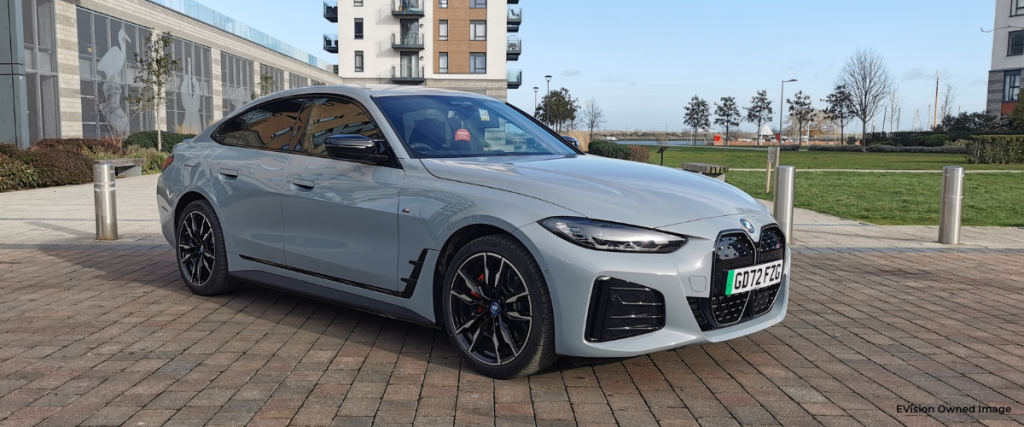As the automotive industry shifts towards electrification, engineers and manufacturers are constantly seeking ways to enhance efficiency and extend the driving range of electric vehicles (EVs). One of the most significant innovations contributing to this goal is the integration of heat pumps. These systems play a crucial role in managing temperature regulation inside an EV while minimising energy consumption.
What Are Heat Pumps?
A heat pump is a device that transfers thermal energy from one place to another, using a refrigerant cycle similar to that found in air conditioning systems. Unlike traditional heating methods that generate heat through resistive heating elements, heat pumps extract and redistribute existing heat, making them far more energy efficient.
In simpler terms, a heat pump can take heat from the surrounding environment (such as the air outside) and transfer it into the cabin of a vehicle. Conversely, it can also remove heat from the cabin to cool it down during warmer conditions. This dual functionality makes the heat pump an essential component for temperature regulation in EVs.
How Do They Work?
Heat pumps operate on a basic thermodynamic principle: the movement of heat from a lower temperature area to a higher temperature area using a refrigeration cycle. The system consists of key components such as an evaporator, compressor, condenser, and expansion valve. Here’s how the process works:
- Heat Absorption: The evaporator extracts heat from the external air or another heat source, such as the vehicle’s battery or powertrain.
- Compression: The absorbed heat is transferred to a refrigerant gas, which is then compressed, raising its temperature significantly.
- Heat Release: The hot refrigerant gas moves through the condenser, where it releases heat into the vehicle’s cabin or battery system.
- Expansion and Repeat: The refrigerant cools down through an expansion valve before returning to the evaporator to restart the process.
This method is highly energy-efficient because it requires significantly less electricity than conventional resistive heating elements, which directly convert electrical energy into heat.
Why Are Heat Pumps Needed in Electric Vehicles?
Unlike internal combustion engine (ICE) vehicles, which produce a substantial amount of waste heat that can be repurposed for cabin heating, EVs do not have an engine generating excess heat. Instead, they rely on their battery packs for all energy needs, including climate control. In cold weather, using traditional heating systems can drain the battery rapidly, reducing the vehicle’s range by as much as 30–50% in extreme conditions.
Heat pumps help address this issue by providing an efficient heating solution with minimal energy consumption. Here are the primary reasons why they are crucial for EVs:
1. Extended Driving Range
By utilising external heat sources instead of drawing power directly from the battery, heat pumps help maintain vehicle range, particularly in winter conditions. This is a significant advantage for EV owners who need reliable performance regardless of the weather.
2. Energy Efficiency
Heat pumps use up to three times less energy than conventional resistive heaters. This efficiency translates to a lower drain on the battery, allowing more energy to be dedicated to propulsion rather than climate control.
3. Improved Passenger Comfort
Since heat pumps can rapidly heat the cabin, they enhance passenger comfort without requiring excessive power. Additionally, their ability to provide cooling in summer makes them a versatile year-round solution.
4. Battery Thermal Management
Heat pumps can also play a role in maintaining the optimal temperature for an EV’s battery pack. By keeping the battery within an ideal temperature range, they help improve performance, longevity, and charging efficiency.
The Future of Heat Pumps in EVs
Many automakers are now incorporating heat pumps into their latest EV models to optimise efficiency and enhance range. Tesla, Nissan, Hyundai, and Volkswagen are among the brands that have recognised the importance of heat pump technology. As battery technology continues to improve, heat pumps will remain a key component in making electric vehicles more viable for a wider range of climates.

Heat Pumps and EVision Vehicles
As heat pumps become more commonplace, we will start to eventually see all our vehicles fitted with them. However, there are already a number of EVision cars that come complete with a heat pump fitted. The best part is that all of these electric cars are absolutely incredible. These cars include the sublime Tesla Model Y, the award-winning Kia EV6, the Hyundai Ioniq 5 and the BMW i4 to name a few.
Summing It All Up
Heat pumps are a game-changing innovation for electric vehicles, offering significant energy savings, enhanced comfort, and improved driving range, particularly in cold conditions. As EV adoption grows globally, the integration of heat pump systems will become increasingly essential, ensuring that electric cars remain practical and efficient in all weather conditions. By optimising thermal management, heat pumps are helping pave the way for a more sustainable and energy-efficient future of transportation.
*All information correct as of 3 April 2025
Don’t forget to follow us on social media to stay up to date with the latest EV news and special offers:
Facebook: https://www.facebook.com/EVisionEVs/
X: https://twitter.com/EVisionEVs
Instagram: https://www.instagram.com/evisionevs
TikTok: https://www.tiktok.com/@evisionelectricvehicles
LinkedIn: https://www.linkedin.com/company/evision-electric-vehicles/



